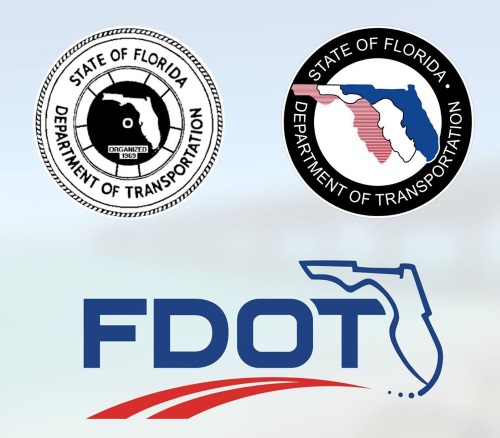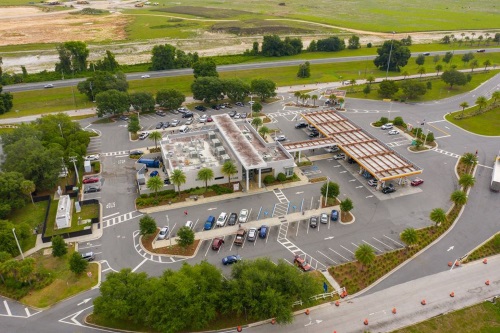The Florida Department of Transportation is about to be one of the biggest electric vehicle (EV) market cheerleaders in the country.
The Essential State Infrastructure law signed by Governor Ron DeSantis (R) on June 9 gives Florida DOT the central role in developing a “master plan” to encourage EV usage and to develop strategies to build more charging stations throughout the sunshine state. The law, which goes into effect on July 1, also calls on the agency to plan, design and build staging areas for public emergency provisions along the Florida Turnpike system.
The EV portion of the law mandates Florida DOT to collaborate with public and private stakeholders, come up with legislative recommendations, plus write and delivery its “master plan” to the governor and legislature by July 1, 2021.

The agency will also work closely with several state agencies – including the Public Service Commission, Department of Environmental Protection, Department of Agriculture and Consumer Services as well as power companies and other stakeholders – to establish that EV infrastructure, noted Beth Frady, Florida DOT’s communications director.
The impetus behind the bipartisan legislation is the impact of fossil fuel emissions on Florida’s air quality. According to the new law, “a significant portion of the carbon dioxide emissions in this state are produced by the transportation sector. Electric vehicles can help reduce these emissions, thereby helping to reduce the impact of climate change on this state.”
Susan Glickman, Florida director of the Southern Alliance for Clean Energy, applauded the new law, calling it part of “the evolution in transportation, as it’s been recognized that fossil fuels drive emissions.”
She added that “this is a big step forward in putting in place the kind of charging infrastructure that will give people confidence that buying an EV is doable.”
Florida DOT statistics show there are approximately 60,000 all-electric battery electric vehicles, or BEVs, and another 60,000 plug-in hybrid electric vehicles (PHEVs) registered in Florida. Even though that makes Florida one of the top five states in the number of EVs registered, EVs still comprise less than 1 percent of all vehicles registered in the state.
Although EV sales are increasing nationally as consumers look for cleaner transportation, a dearth of public charging stations has been a stumbling block for manufacturers to reach beyond drivers who rarely venture far from their home-based chargers. The expense and relative low retune on investment of the charging stations have driven some states to cobble together coalitions of utility companies, non-profit groups, government agencies, manufacturers and consumers to recommend rebate programs, cost-sharing partnerships and grant programs for infrastructure development.
Florida DOT’s Frady said the agency already had been “studying and analyzing” EV infrastructure issues before Gov. DeSantis signed the Essential State Infrastructure law – working on a plan to add new units to existing charging stations and to add new stations at service plazas along the Florida Turnpike toll road system. The new law, however, will now expand EV infrastructure planning to the non-tolled portions of the state highway system.
One main component of the Essential State Infrastructure law directs FDOT to develop staging areas along the Florida Turnpike system for “staging supplies for prompt provision of assistance to the public in a declared state of emergency.” The law says the staging areas will be used for storing emergency supplies, such as water, fuel, generators, vehicles and equipment to aid in evacuations, emergency response and restoration of services. Those “staging areas” could also could be used during nonemergency times for commercial motor vehicle parking or other uses.
In choosing them, though, the new law said Florida DOT must give “priority consideration” to rural counties in the Multiuse Corridor of Regional Economic Significance program, a state effort to stimulate the economies of counties of less than 200,000 population.

